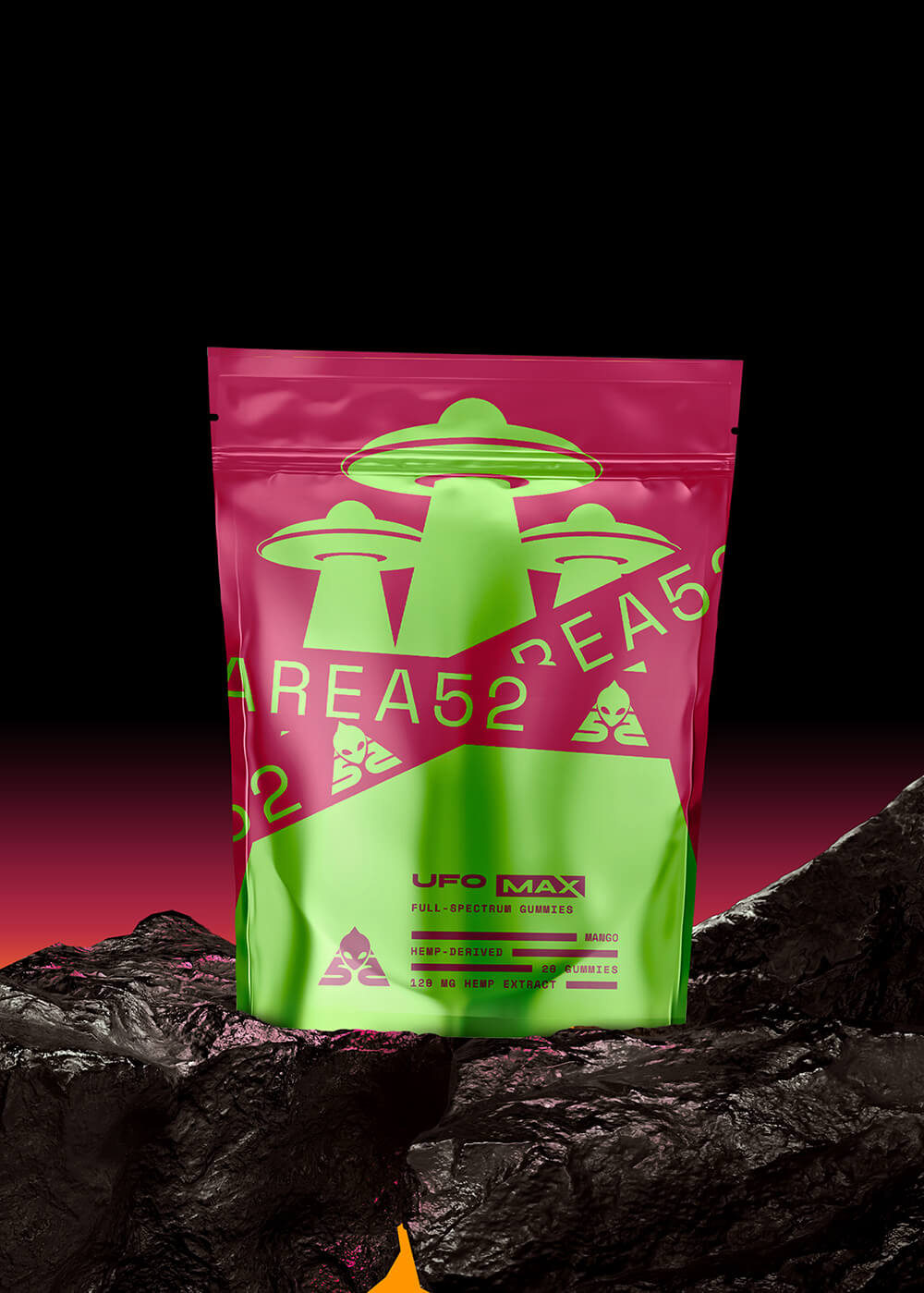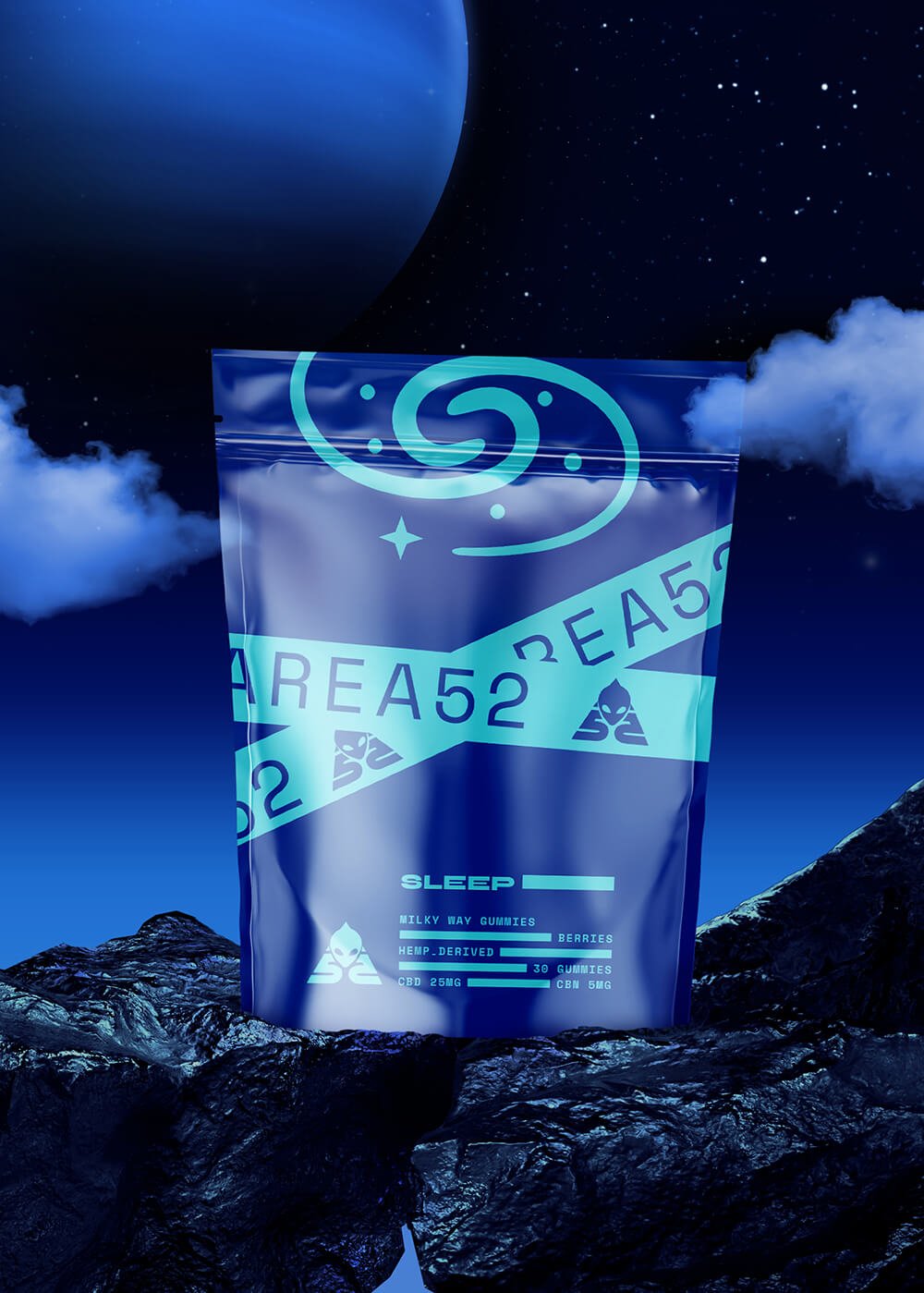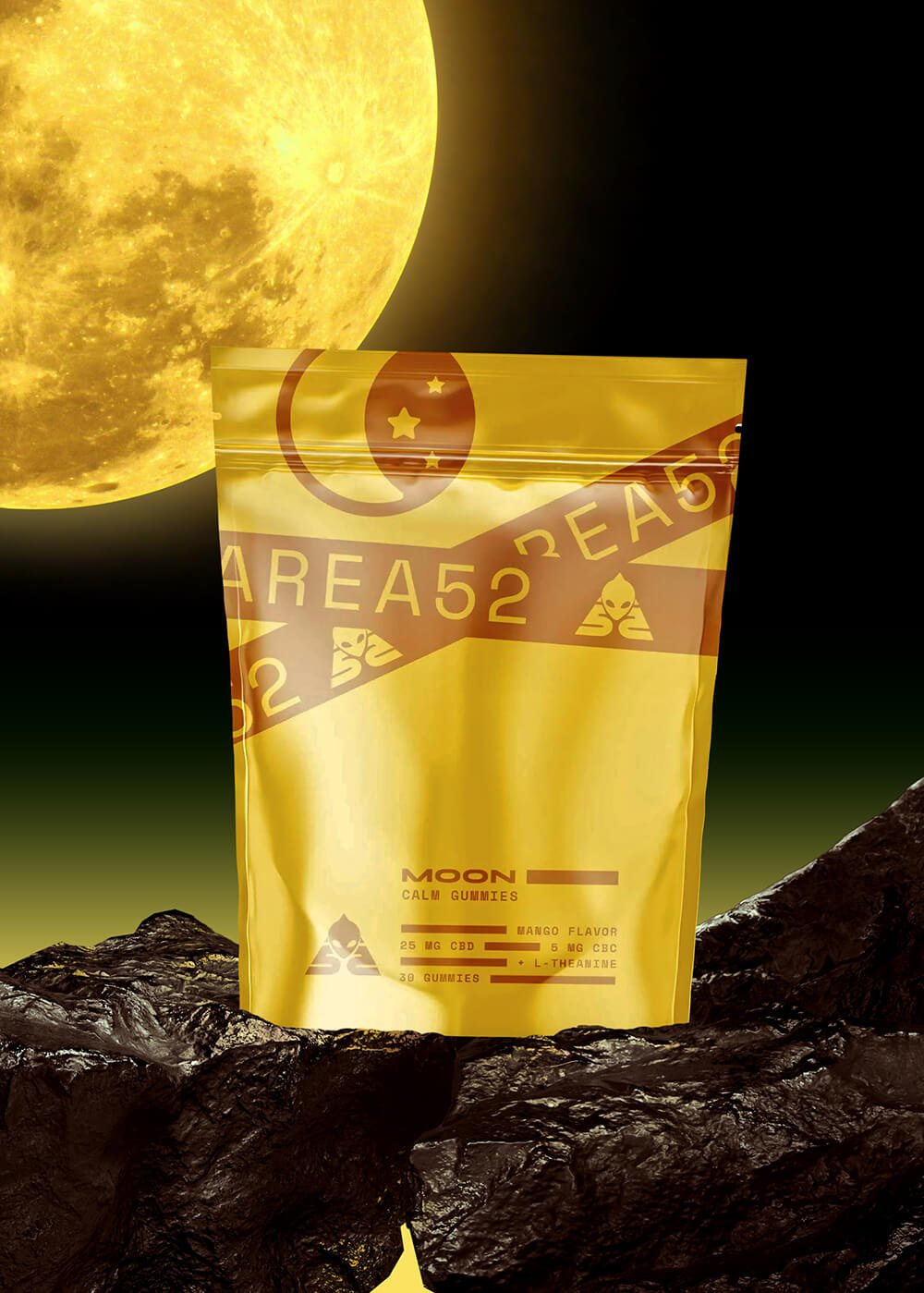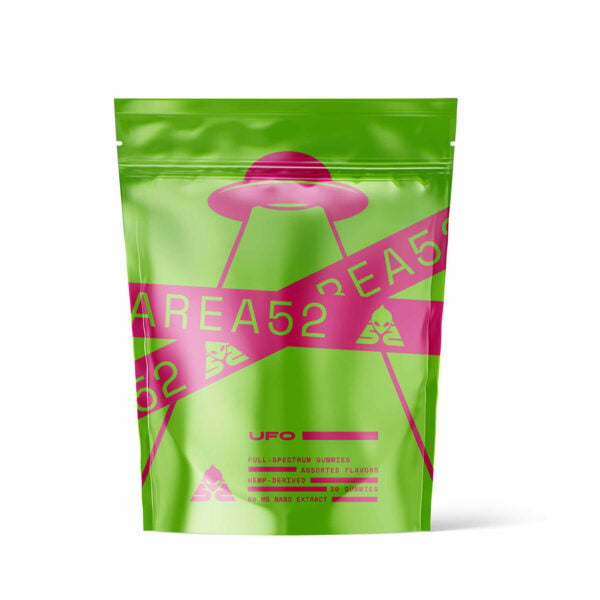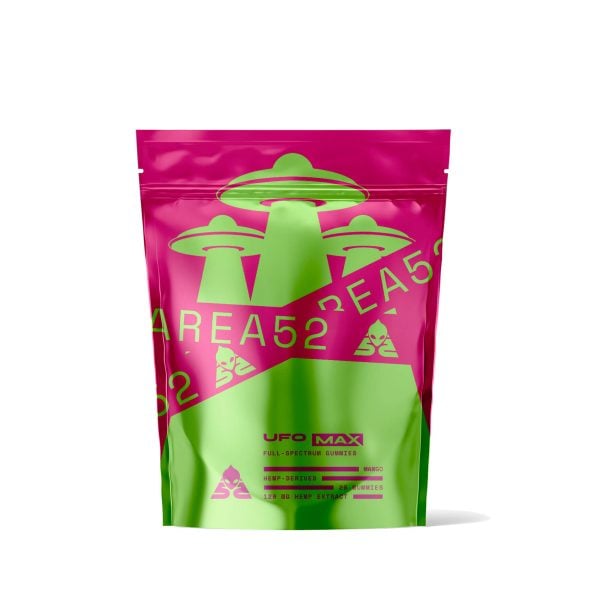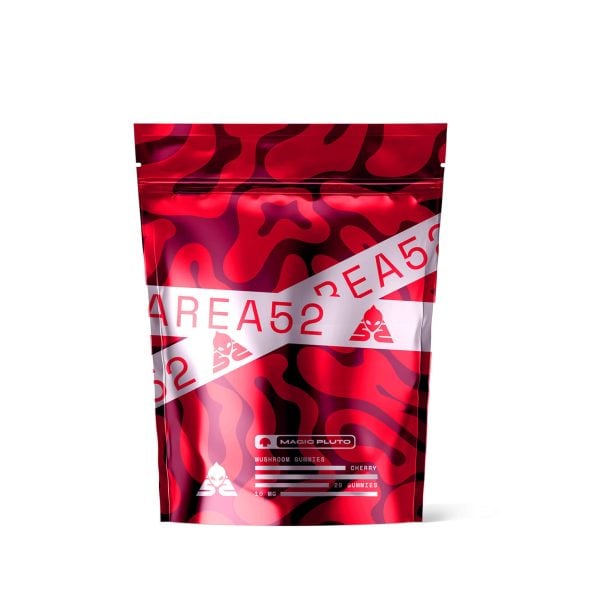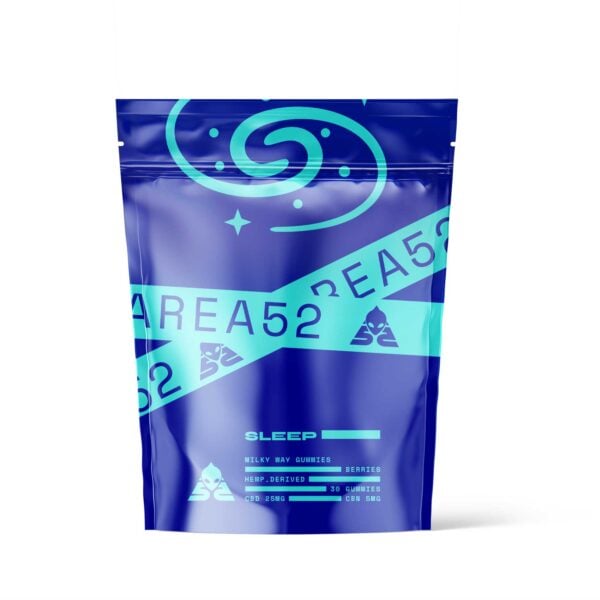THCV vs. THC: What Are the Differences?
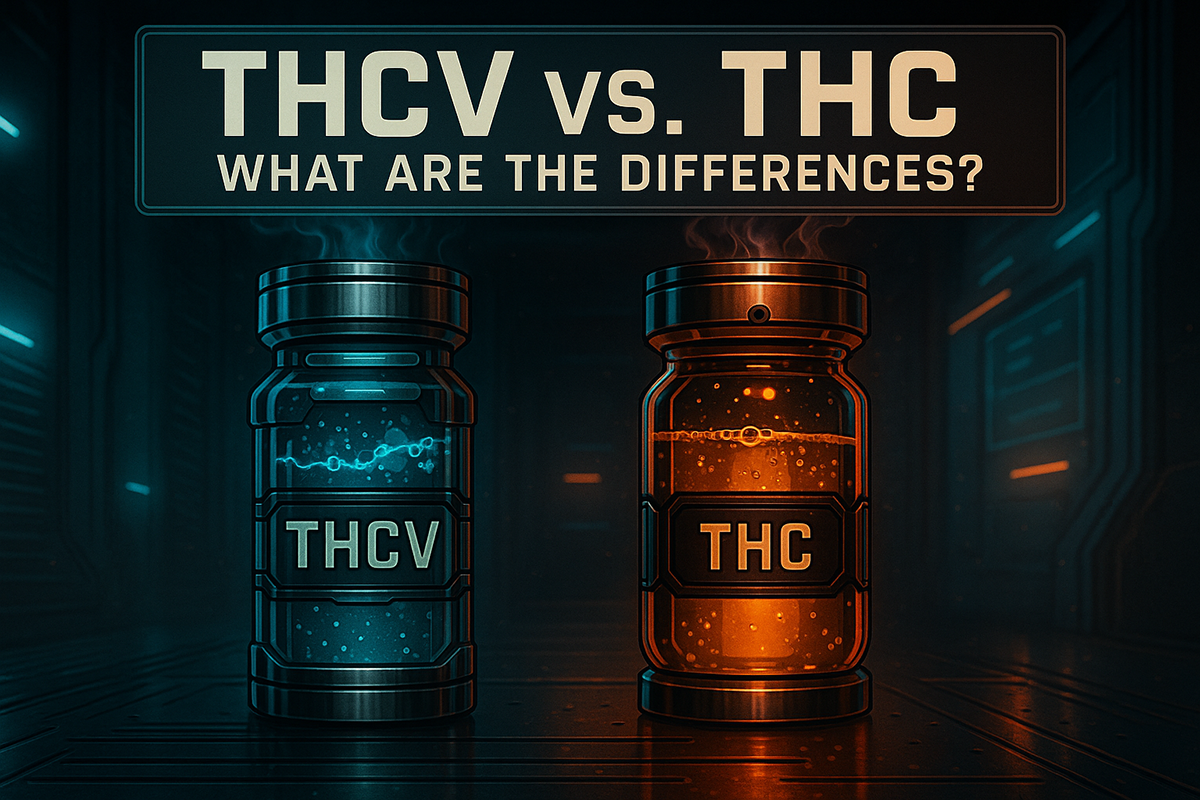
THCV is a natural cannabinoid that’s been going under the radar for far too long. It’s about time it gets the recognition it deserves, especially any potential therapeutic benefit it may have.
This cannabinoid can help with weight loss and increase focus and motivation — it has even been dubbed as “diet weed” or “weederall” due to its appetite suppression properties.
And this is just the tip of the iceberg. Cannabis research is just getting started examining the potential health benefits and applications for this cannabinoid.
But how is THCV different from THC?
Here, we’ll answer all the most frequently asked questions about these cannabinoids in the simplest way possible.
Key Differences between THCV and THC
The cannabis plant produces hundreds of bioactive compounds, including cannabinoids, terpenes, and flavonoids, among others.
THCV and THC are two compounds of over 100 unique cannabinoids found in cannabis plants. Their molecular structure is quite similar, but when you compare THCV to THC, there are key differences as well, namely their effects on the body’s endocannabinoid system, potential benefits, side effects, and legal status.
In this section, we’ll answer the most frequently asked questions about the two — from potency, mechanisms of action, effects, and legality; by the end of this article, you’ll know all the essential information about these cannabinoids.
What Does THC Stand For?
THC stands for delta-9-tetrahydrocannabinol.
This is likely the most well-known and talked about cannabinoid of all since it is the main compound responsible for the high associated with cannabis consumption.
What Does THCV Stand For?
THCV stands for delta-9-tetrahydrocannabivarin.
Contrarily, this is one of the least studied and known cannabinoids — it has been growing in popularity recently, though.
What Exactly is THC?
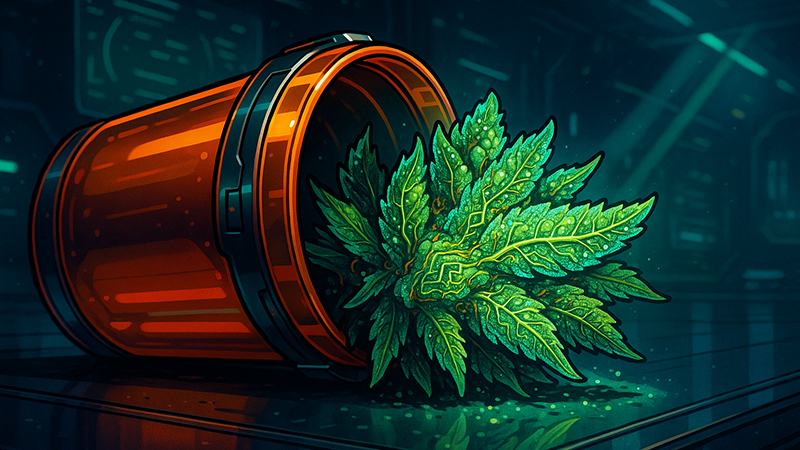
THC has psychoactive properties and is the main cannabinoid responsible for the intoxicating effects of cannabis.
What Is THCV?
A rare cannabinoid, THCV appears molecularly almost similar to THC, although it features two fewer hydrocarbon groups than the latter. It can also get you high but has different effects and benefits. It’s most commonly found in Sativa strains.
How Potent Is THCV vs. THC?
Above, we mentioned that both of these molecules are chemically similar. They’re exactly the same apart from small details: THCV only has the minimum number of carbon atoms in the side chain and two fewer hydrocarbon groups required to get you high, compared to the THC molecule.
This makes THCV the least potent of all cannabinoids, with around 25% of THC’s potency. Comparatively, THC is only the third most potent naturally-occurring cannabinoid.
How Does THC Work?
THC binds to the CB1 and CB2 receptors in the endocannabinoid system (ECS) and triggers a physiologic response from them.
This molecule can bind to these receptors because it has a similar structure to two endocannabinoid neurotransmitters that are naturally produced in your brain — anandamide and 2-AG.
The CB1 receptors are mostly found in the spinal cord and brain, and they’re the ones responsible for the high THC produced.
But these receptors are in other places, too. THC can also bind to the CB1 receptors in your stomach, for example.
The CB2 receptors are more commonly present in the peripheral nervous system and other areas, like the immune system.
How Does THCV Work?
Although the two molecules are quite similar, the THCV cannabinoid acts differently on the ECS.
When it comes to the CB1 receptors, THCV inhibits their response upon binding. However, its influence on the CB2 receptors is dose-dependent.
At low doses, THCV also inhibits the response of the CB2 receptors, but at high doses, it triggers their response — that’s why it can only get you high when a big amount is consumed.
Because there isn’t a lot of research on THCV, many of the mechanisms behind its effects are still unknown, but studies on the effects THCV vs THC has on the body concluded that it could stop some of THC’s side effects, like impaired short-term memory and paranoia, when consumed together [1].
Does THC Get You High?
Yes, THC does get you high.
Although other cannabinoids can have this effect, too, THC is found in greater amounts in cannabis — it’s the most tightly regulated cannabis compound for this reason.
Does THCV Get You High?
THCV can only get you high when consumed in large amounts. This is considered one of its strengths since you can derive all its benefits without getting high.
For those that do want the psychoactive effects, you’ll need to take a dose equivalent to roughly four times your normal dose of THC. This sits somewhere around 20–40 mg for most people.
THC Effects — What Does it Feel Like?
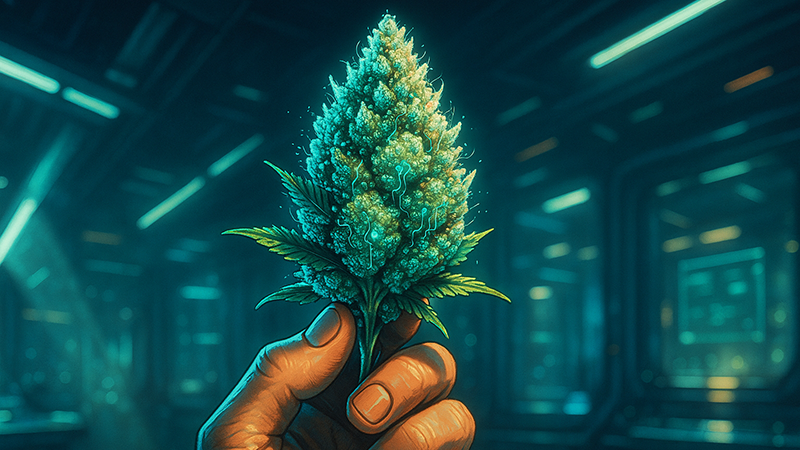
Not everyone experiences the same effects with THC. It’s mainly tied to your tolerance level.
Other factors that may influence your high include how you consume it (smoking feels different from eating edibles), the strain or composition of the product you’re using, and your individual physiology, among other factors.
But generally, the THC high is characterized by:
- Euphoria
- Relaxation
- Sleepiness and/or feeling couch-locked
- Creativity
- Munchies
The strain or compounds in the cannabis product you’re using will determine whether you feel euphoric and more creative or sleepy and couch-locked, for example.
THC Side Effects
Being high can be great, but it’s not everyone’s cup of tea and surely not 100% risk-free. Here are some of the possible undesired side effects you may experience:
- Anxiousness
- Panic attacks
- Paranoia
- High blood pressure
- Increased heart rate
- Nausea
- Vomiting
Having a low cannabis tolerance level, having too much of it, mixing it with alcohol, and not being in the right place or state of mind are the main causes of negative side effects.
THCV Effects — What Does THCV Feel Like?
The THCV high is totally different from the THC high and is generally recommended for morning use by frequent users. For this reason, THCV is recommended for daytime use.
Most of the THCV effects are still unknown; research is seriously lacking. But scientists have found that THCV may have a impact on appetite. This has some sources dubbing THCV as so-called “diet weed” [2,3].
Another advantage of THCV over THC is that it doesn’t lead to certain side effects associated with the latter, including drowsiness, sleepiness, munchies, and intoxication.
THCV Side Effects
The research available so far shows that THCV is safe and non-toxic. In some studies, large doses of this cannabinoid were given to animal models, and no toxicity was reported.
In humans, the maximum dose administered in research studies was 10 mg per day for up to 13 weeks, and participants didn’t report any side effects besides tiredness.
You should avoid THCV products if taking appetite-suppressing drugs or if you have an eating disorder.
You should still talk with your health provider before starting to use a new supplement — THCV included. We’re merely sharing information from research studies, not giving you medical advice.
Will THC Make Me Fail a Drug Test?
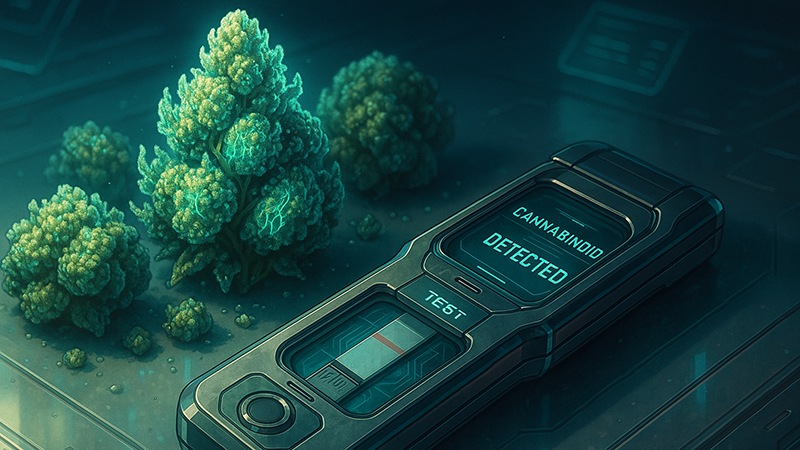
THC drug tests are some of the most commonly performed. If you undergo one, whether it’s a blood test or urine test, THC will surely be detected.
Avoid using any products containing THC (even in trace amounts!) if you have a drug test scheduled in the upcoming weeks or if there’s a chance you’ll randomly be subjected to one.
Will THCV Make Me Fail a Drug Test?
THCV drug tests don’t exist, but since it has a similar chemical structure to THC, it might be detected on a routine drug test — note that THCV can still show up in urine samples up to two weeks after consumption [4].
Our recommendation is that you avoid consuming THCV in any form if you’re subjected to random drug tests or have a drug test scheduled in the upcoming weeks.
THC Legalization
At the federal level, the possession and use of delta 9 THC are illegal. It is classified as a Schedule I drug under the 1970 Controlled Substances Act.
Only hemp (cannabis with up to 0.3% of THC) and hemp-derived products (also with the maximum threshold of 0.3% of THC) are legal.
However, states are free to create their own laws and regulations, and some have made marijuana and THC legal.
Is THCV Legal?
THCV is very likely legal where you live, and it’s probably under the same legal classification as CBD — all cannabinoids besides delta 9 THC are federally legal under the 2018 Farm Bill.
So, unless your state has created THCV-specific laws, hemp and hemp-derived products containing THCV are legal as long as they have up to 0.3% of delta 9 THC.
In legal marijuana states, THCV should also be legal, but there’s no limit to the amount of delta 9 THC in products, and both marijuana and marijuana-derived products are legal.
If you’re thinking of buying bulk THCV online, be sure to check the company’s reputation, read up on product reviews, and only buy lab-tested products with certificates of analysis.
Key Takeaways: THCV vs. THC
Researchers are excited about THCV after a series of recent studies suggest it may offer promising health benefits. It’s psychoactive, but the lower potency means users can choose whether they want the psychoactive effects or not by adjusting the dose.
Doses less than 10 mg of THCV are non-psychoactive; anything higher shares similar effects to THC.
Another advantage of THCV is that it’s very likely legal even if you live in a state where marijuana is illegal.
Deeper Understanding: THC and THCV FAQs
We’ll discuss below some of the commonly asked questions about THCV and THC. We’ll also touch on some of their effects on the human body.
1. Is THCV Stronger Than THC?
No, THCV is around 75% less potent than THC due to having fewer carbon atoms in its molecule’s side chain.
2. Does THCV Block THC?
The little research available so far highlights that THCV may block some of THC’s negative side effects but not all effects — you’ll still get high.
3. What Are the Boiling Points of THCV and THC?
THCV has a higher boiling point than THC — it will start to boil around 220ºC (428ºF) while THC boils at 155ºC (311ºF).
4. Is THCV Natural or Synthetic?
THCV is a natural cannabinoid that can be found in dried cannabis plants. It’s not considered a synthetic or man-made compound since it’s found in nature.
5. What is the Benefit of THCV?
Preliminary studies show many potential benefits of THCV.
- It can be used for pain relief, and it can reduce inflammation [1].
- You can lose weight with THCV, with one study saying it can help regulate lipid and glucose metabolism. It also has potential appetite suppressing properties [3].
- THCV can also benefit people with diabetes, a study saying it can boost pancreatic beta cell function as well as decrease fasting sugar levels [3].
References:
- Bolognini, D., Costa, B., Maione, S., Comelli, F., Marini, P., Di Marzo, V., Parolaro, D., Ross, R. A., Gauson, L. A., Cascio, M. G., & Pertwee, R. G. (2010). The plant cannabinoid Delta9-tetrahydrocannabivarin can decrease signs of inflammation and inflammatory pain in mice. British journal of pharmacology, 160(3), 677–687. https://doi.org/10.1111/j.1476-5381.2010.00756.x
- Abioye, A., Ayodele, O., Marinkovic, A., Patidar, R., Akinwekomi, A., & Sanyaolu, A. (2020). Δ9-Tetrahydrocannabivarin (THCV): a commentary on potential therapeutic benefit for the management of obesity and diabetes. Journal of cannabis research, 2(1), 6. https://doi.org/10.1186/s42238-020-0016-7
